Thriving Communities, Healthy Landscapes
We're helping more than two million farmers embrace more sustainable growing practices that can help build resilience to climate change and boost yields.
Home / Issues / Livelihoods / Page 7
Across the tropics, farming and forest communities face a daily struggle to cover life’s basic needs. Breaking the cycle of rural poverty—and tackling the ensuing impacts for people and nature—is critical for a more sustainable future for us all.
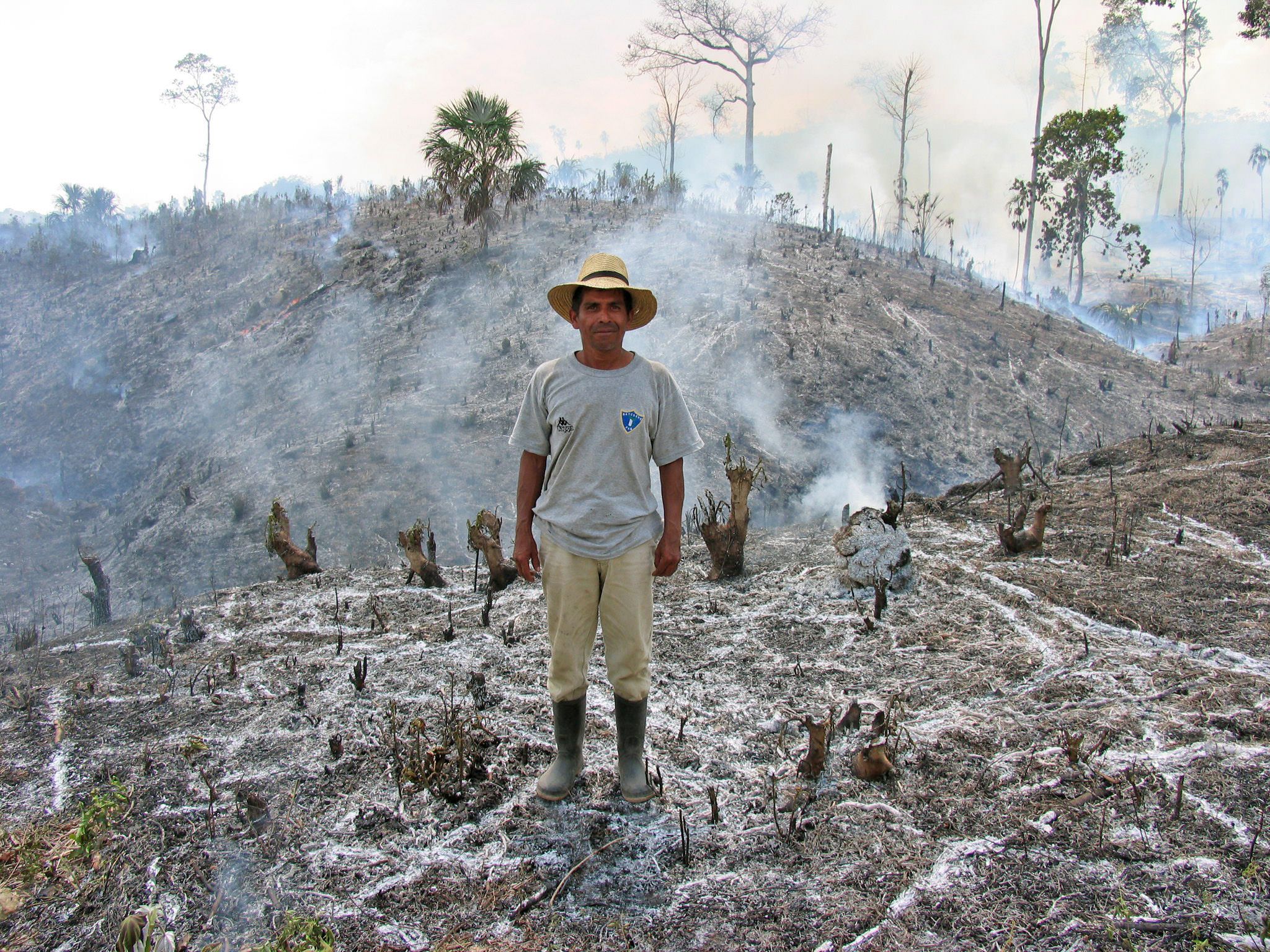
Rural poverty is at the root of many of our most pressing global challenges, from child labor and poor working conditions to deforestation for agricultural expansion. Economic desperation exacerbates these complex issues, which are deeply embedded in global supply chains. The result is a vicious cycle of environmental destruction and human suffering.
Our work to cultivate rural prosperity brings real, measurable benefits for farmers, forest communities and Indigenous peoples around the world.
![]()
earned by our Maya Biosphere Reserve community partners from 2013-2021*
The Rainforest Alliance has been working with the community forestry concessions in Guatemala’s Maya Biosphere Reserve since 1999—helping to develop thriving forest enterprises based on the responsible harvesting and processing of non-timber forest products (such as nuts and palm fronds), in addition to timber for export, according to the rigorous standard of the Forest Stewardship Council (FSC).
*2013-2021 earnings from 100+ small and medium-sized forest-based businesses in the community concessions of Guatemala’s Maya Biosphere Reserve.
![]()
on West African small-scale certified farms*
In 70 countries, farmers are trained in more sustainable practices that boost climate resilience, conserve biodiversity, and promote worker wellbeing—while also helping to increase productivity and improve their incomes. Learn more
*Three studies published in 2018-2020 reveal that income from cocoa production is 40% higher on average on Rainforest Alliance and UTZ Certified farms in Ghana and Cote d’Ivoire, compared to non-certified farms:
The Rainforest Alliance partners with frontline communities to build thriving rural economies rooted in more sustainable growing practices and forest stewardship. We also promote responsible business practices to ensure that companies recognize and reward sustainability transformation—in the field as well as the boardroom.
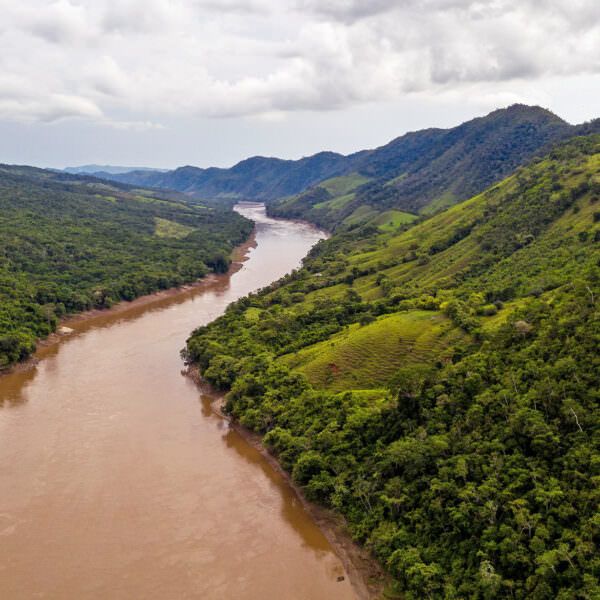
We're helping more than two million farmers embrace more sustainable growing practices that can help build resilience to climate change and boost yields.
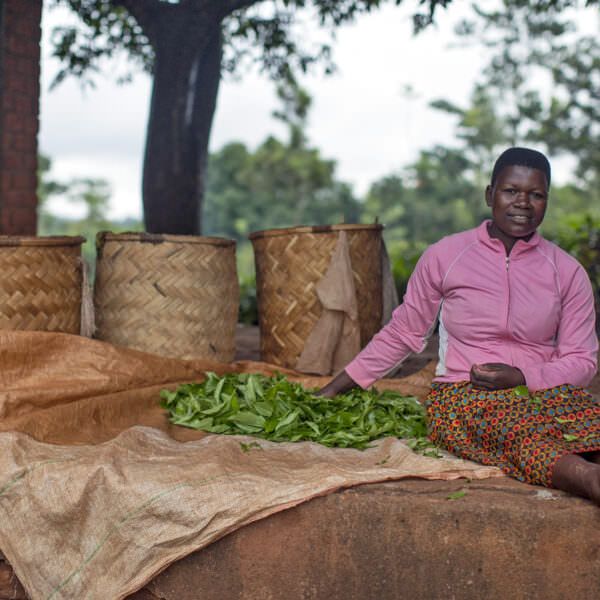
To improve rural livelihoods, we foster deep collaboration between farmers, civil society organizations, companies, and governments.
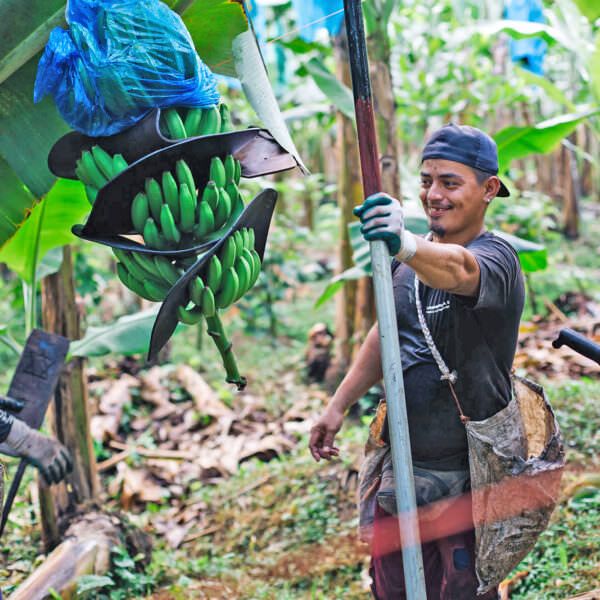
The Rainforest Alliance believes that workers around the world should be paid enough money to provide a decent life for themselves and their families.
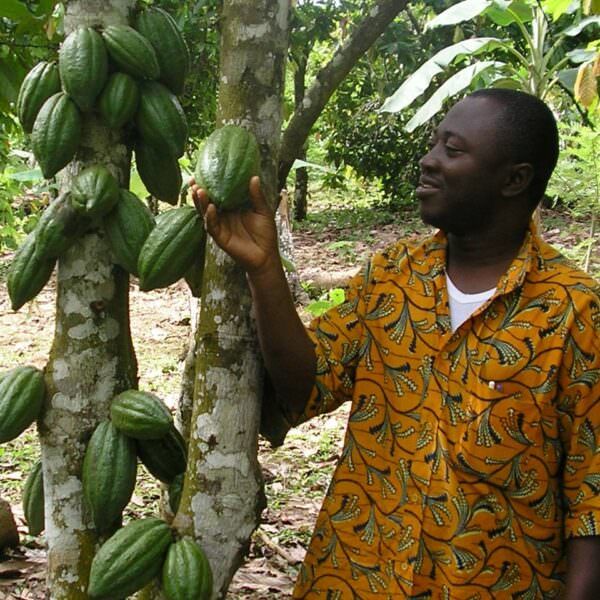
At the Rainforest Alliance, we believe in a shared responsibility approach that encourages companies to do their part in ensuring a living income for farmers. This is the basis of our initiatives, the Living Income Module and the Living Income Fund.

A key aspect of climate-smart agriculture (CSA) is helping farmers to improve farm productivity, thus achieve higher incomes and improved standard of living. Our four main interconnected areas of work—certification, landscape management, tailored supply chain services, and advocacy—have been designed to help support this goal.
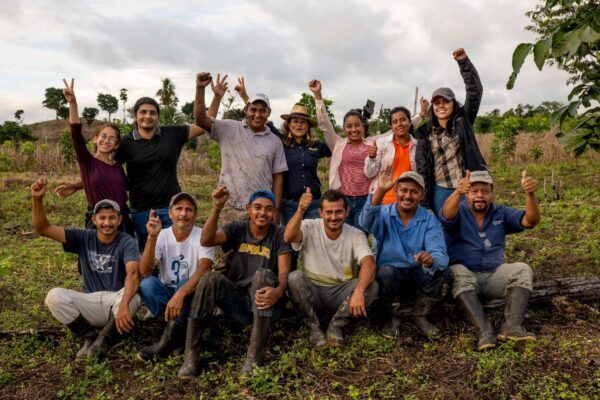
Advocacy complements the other main areas of our work by shaping policies and practices that will affect agriculture, forests, and business for years and decades to come.... Continue Reading
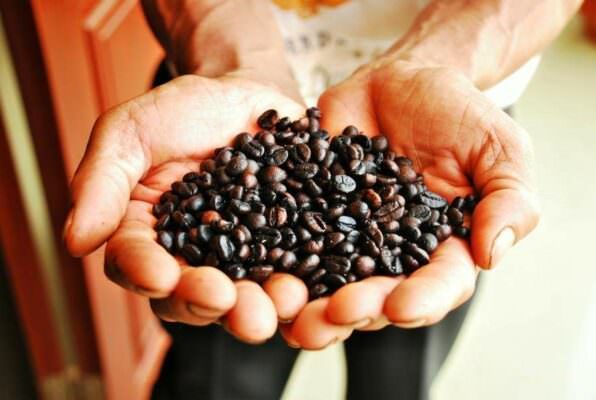
Coffee farmers protect forests and biodiversity, build their farms’ climate resilience, promote human rights, and improve livelihoods. Here are five remarkable individuals who motivate us even more than the coffee they grow.... Continue Reading

The CEO of the Rainforest Alliance on the need for businesses to bring about real environmental reform.
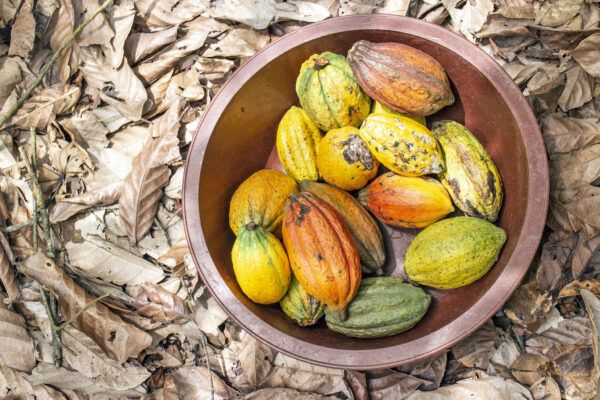
We work with almost one million cocoa farmers to build thriving livelihoods and climate resilience through certification and training.... Continue Reading
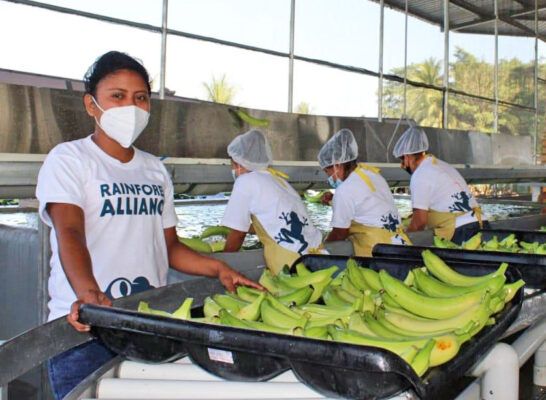
This project will provide training and engagement to at least 37,093 workers in the avocado and berry (strawberry and raspberry) sectors in Mexico and the banana and pineapple sectors in Costa Rica. ... Continue Reading